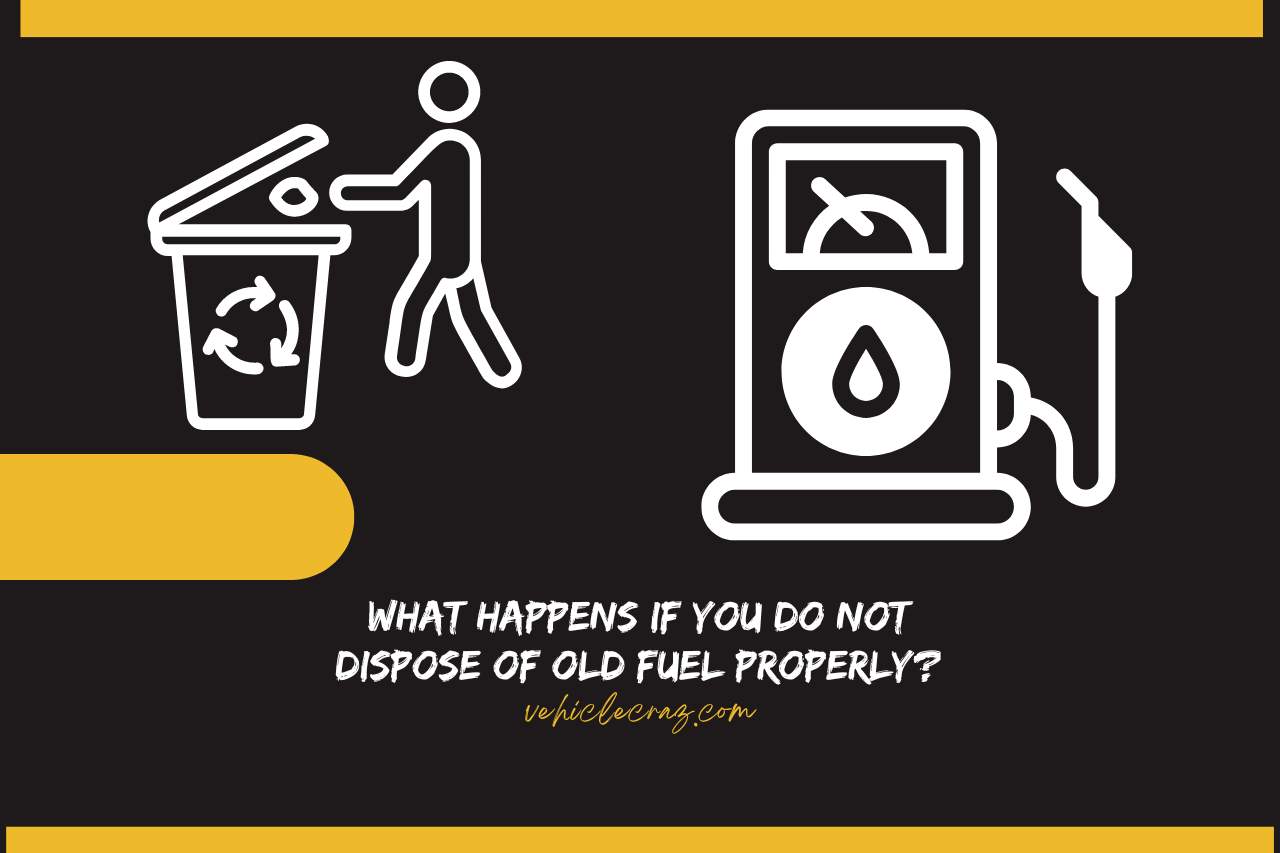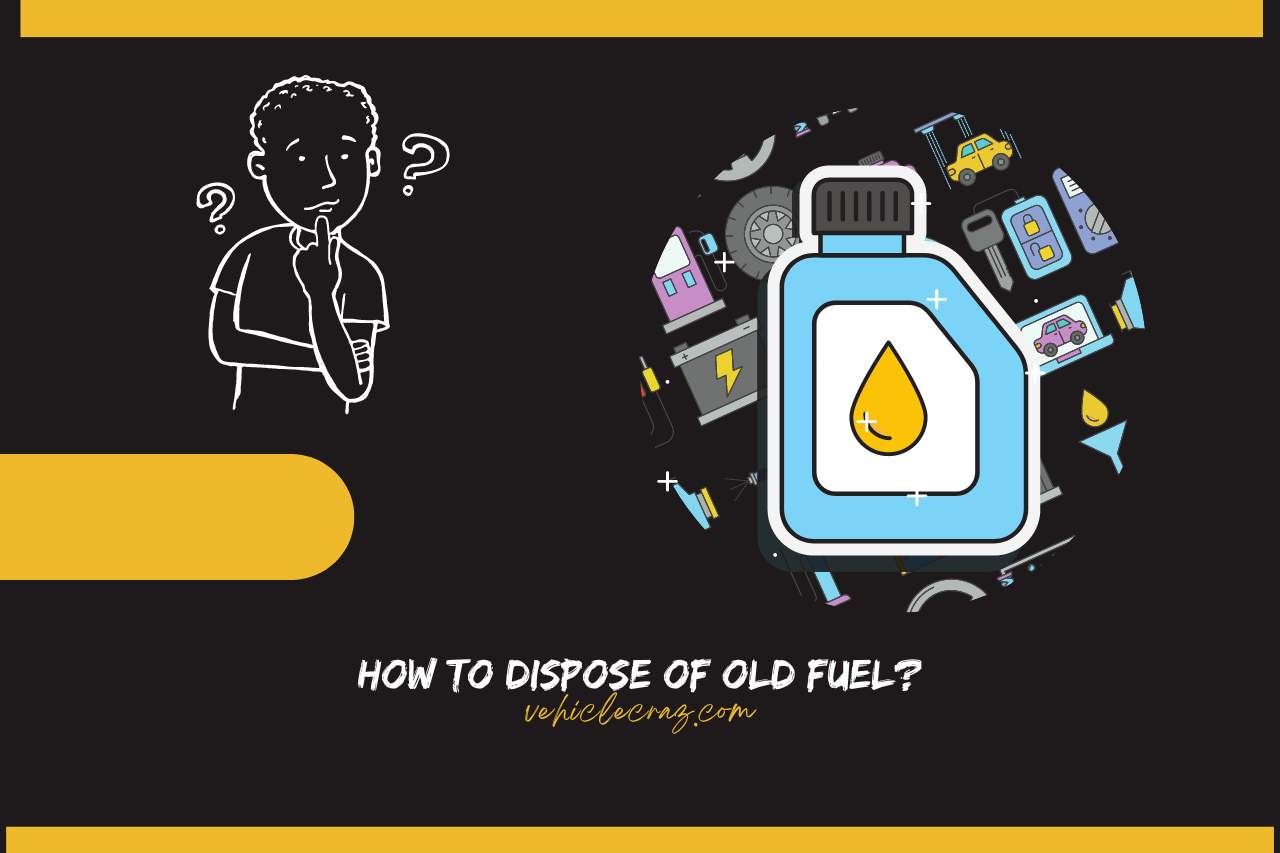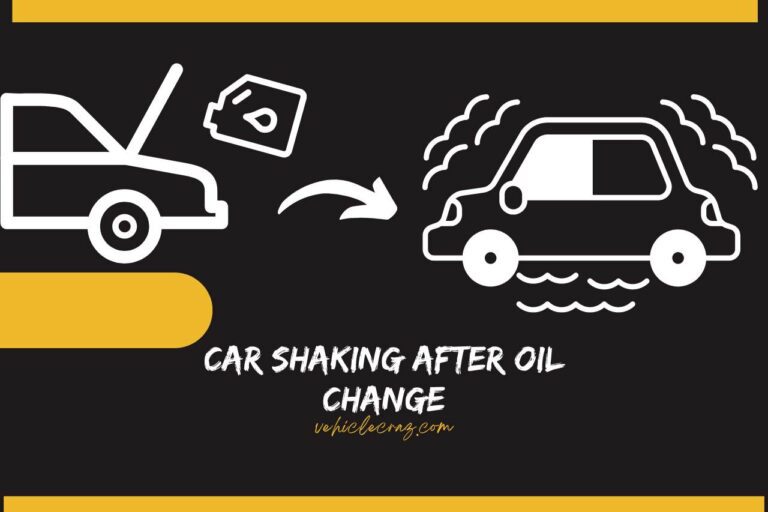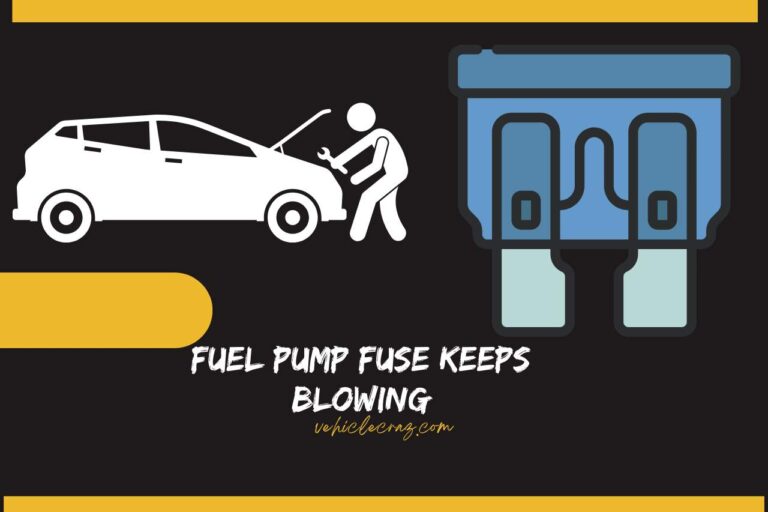How to Dispose of Old Fuel? (Step-by-Step Guide)
Whether you believe it or not, fuel such as gasoline and diesel do expire as any other liquids. Thus, you have the responsibility to use them within their shelf life and safely dispose of them after the expiration. If you do not have an idea about how to dispose of old fuel, join this discussion because we have condensed the most important information you should be aware of when ejecting old fuel. Indeed, this process needs to be completed according to the laws in your region. To find out more details, move on to the following detailed paragraphs.
How Long Does Fuel Last?
Gasoline can last up to 6 months, while diesel has a shelf life of around 12 months.
However, the shelf life of gasoline can vary based on several factors, including storage conditions and the presence of additives.
On average, untreated gasoline begins to degrade after about six months. However, under optimal conditions, it can also remain usable for up to 12 months.
Let’s focus on the main factors that determine the shelf life of fuel.
- Oxygen Exposure: Exposure to air can lead to oxidation, causing the formation of varnish and gums that can clog fuel lines and injectors.
- Temperature Fluctuations: Extreme temperature fluctuations, especially in hot conditions, accelerate the breakdown of gasoline.
- Moisture Content: Water can contaminate gasoline, leading to phase separation and the formation of corrosive compounds.
How to Dispose of Old Fuel?
To dispose of old fuel, you will have to go through the relevant environmental laws in your area, as the method of disposal can vary from one region to the other. Here’s a general guide on how to dispose of old fuel:
- Check Local Regulations: First of all, verify local regulations regarding the disposal of hazardous materials, including old fuel. Many areas have specific guidelines and collection facilities.
- Contact Local Waste Management: Contact your local waste management or environmental agency to inquire about their procedures for disposing of old fuel. They will provide guidance on drop-off locations or scheduled collection events.
- Use a Hazardous Waste Collection Center: Many communities have hazardous waste collection centers where you can safely dispose of old fuel. Check with local authorities for locations and hours of operation.
- Contact Auto Parts Stores or Service Stations: Some auto parts stores or service stations may accept small quantities of old fuel for recycling. If you prefer recycling, inquire about their policies before bringing the fuel.
- Contact Recycling Centers: In some cases, recycling centers may accept old fuel for proper disposal or recycling. Check with local recycling facilities to see if they have specific guidelines.
- Participate in Hazardous Waste Collection Events: Some communities organize hazardous waste collection events where residents can drop off various hazardous materials, including old fuel. So, keep an eye on local announcements for such events.
- Use Fuel Disposal Services: There are specialized companies that provide fuel disposal services. They can handle larger quantities and ensure proper disposal according to regulations.
Make sure to follow the aforementioned regular method for the disposal. You must never pour old fuel down drains, sewers, or into the ground. Do not burn old fuel in open areas, as it poses a fire hazard and releases harmful pollutants.
How to Make Fuel Last Longer?
In order to make your fuel last longer, there are some tips you can follow. Here, we have created a complete list of such good practices.
- Use Fuel Stabilizers: Add a fuel stabilizer to gasoline before storing it for an extended period because it helps prevent oxidation, varnish, and gum formation.
- Store in a Cool, Dark Place: Keep gasoline containers in a cool, dark location to reduce temperature fluctuations and slow down the degradation process.
- Use Airtight Containers: Make sure to seal gasoline containers tightly to minimize exposure to air, moisture, and contaminants.
- Avoid Large Containers: Use smaller containers for storing gasoline. The reason why, larger containers have more surface area for exposure to air, which can accelerate degradation.
- Limit Exposure to Sunlight: Sunlight can speed up the breakdown of gasoline. Thus, store containers in shaded areas to minimize exposure to direct sunlight.
- Rotate Stored Fuel: If you’re storing gasoline for emergency purposes, periodically use and replace stored fuel with fresh supplies to ensure its effectiveness.
- Choose Ethanol-Free Gasoline: Ethanol in gasoline can contribute to quicker degradation. So, be wise to choose ethanol-free gasoline, especially for long-term storage.
- Regularly Use Stored Gasoline: If storing gasoline for a generator or other equipment, periodically run the equipment with the stored fuel and refill it with fresh gasoline.
- Keep Containers Clean: Ensure that gasoline containers are clean and free from contaminants before storing fuel.
- Follow Manufacturer Recommendations: Adhere to the recommendations and guidelines provided by the manufacturer of the fuel stabilizer or any additives you use.


What Happens If you Do Not Dispose of Old Fuel Properly?
If you do not dispose of old fuel properly, it can affect the environment, human health, and equipment. Let us explain those negative consequences one by one.
- Environmental Contamination: Pouring fuel down drains or onto the ground can lead to soil and water contamination, harming plants, animals, and aquatic ecosystems.
- Air Pollution: Incomplete combustion of degraded fuel can release harmful pollutants into the air, contributing to air pollution and posing health risks to humans and animals.
- Safety Hazards: Improper disposal increases the risk of accidents, such as fires or explosions, especially in areas with high concentrations of fuel vapors.
- Legal Consequences: Disposing of fuel improperly may violate environmental regulations, leading to legal consequences and fines.
- Equipment Damage: Using old or degraded fuel in engines can result in clogged fuel systems, decreased engine performance, and potential damage to internal components.
You May Also Like
- How Often to Use Fuel Injector Cleaner? Unlocking Peak Performance!
- Does Fuel Stabilizer Expire? (Risks & Solutions)
- How to Drain a Fuel Tank without Removing It? No Need for Removal!
- Does Fuel Injection Affect Mileage? Unraveling Its Influence!
- Does Gas or Diesel Get Better Mileage? Unveiling the Truth!
- Does AC Affect Gas Mileage? Understanding the Impact!


I’m Alex, a seasoned mechanical teacher with over 20 years of hands-on experience in Australia. My passion for all things automotive has driven me to establish this blog, aiming to share my wealth of knowledge and expertise with fellow enthusiasts, DIYers, and anyone keen on understanding the mechanics behind the machines we rely on daily.







